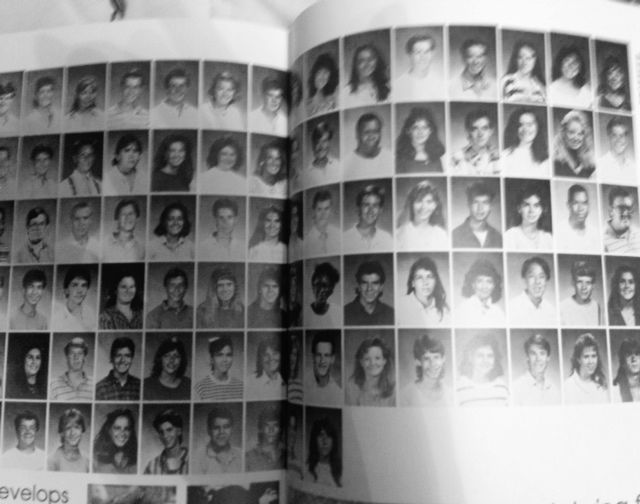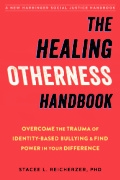In this second installment of my 2-part series on adolescent depression, I explore the question: Did high school help or hinder us?
Ah, the magic of high school. As any yearbook will reveal, it was all about sports and spirit, studying hard, and laughter and good times in and around campus. Band practice, pep rallies, choir and drama. Oh, the fun we had learning and socializing our way from late adolescence into young adulthood.
If only life was as good as the yearbook’s glossy images suggest.
I was one of around 3,000 students who attended Douglas MacArthur High School in San Antonio from 1985-89. Of that number, some went on to college, only to flunk out within a couple of years and never return. Many went on to struggle in jobs they hate. Some have participated in one long relationship or several sequential ones in which misery and discord were fostered.
What role, if any, did high school play for these kids in their later adult lives? Probably, a fairly significant one.
After about 5th grade, our peer relationships take on a central role in development. We learn who we are through our interactions with the people around us. Learning to conform is alternated with personal expressions of individuality. This is normal adolescent development, occurring as it does with the onset of puberty. Our brains are developing rapidly, and the period is one of general confusion and what we know to be teenage angst.
High school is our space where we make friends, explore our interests, begin to date and perhaps engage in sexual activity for which we’re entirely unprepared. It’s a critical period of development that takes place in a school in which everyone else is developing at roughly the same pace, each determining how she or he fits into the larger social order. This naturally breeds the clicks and hierarchy that mark high school life. As a result, most of us at some point feel like outsiders, different, Other. Many of us spend significant periods of our adolescence in which the pain of our Otherness is in our forefront, a daily source of social distress at school.
- Maybe it was about being the only person of color, or at least, of our color.
- Maybe we didn’t fit in because we were poor, or gay, or because we were shy and people labelled us as “weird.”
- Maybe our look or our clothes were offbeat, but not enough to draw us in with the more defined rebellious groups of kids.
If we were girls, maybe we were called “slut” or “whore” because someone started rumors about our sexual activity, true or not.
Maybe we were boys who were made fun of because we were sexually inexperienced, prompting us to lie about our activity and consequentially move deeper into our shame.
And so we went about each day at school, never belonging, not realizing that other people were struggling with their own burdens that while different from our own, were nonetheless just as painful for them. We saw them, and assumed they had it better or easier; that they were somehow happier or more content than we.
In many ways, high school is the staging area for life. We learn to fake our way through, never really naming what was happening for us or how much life hurt. We develop our front, our game, our armor that we use to keep other people from seeing the hurt. We block other people from getting to know us.
And then we graduate and become adults with adult responsibilities:
in college,
in the workplace,
in relationships.
We try to forge meaningful connections with people and make them invest in us. We want people to believe that we’re worth the chance, but this presupposes that we believe in ourselves.
If high school never gave us the fundamentals for building these resources within ourselves, where and how were we supposed to develop them? If we arrive in adulthood with our self-esteem completely sapped from the shit we went through in high school, we are set up to fail in other areas of our life in the years that immediately follow. As a result, we spend a goodly portion of young adulthood struggling unnecessarily to find our way.
So if you found your way in spite of really rough times during high school, how’d you do it? I’d love to post a blog with success stories from people who really overcame negative messages and found their happiness and truth in later years.


